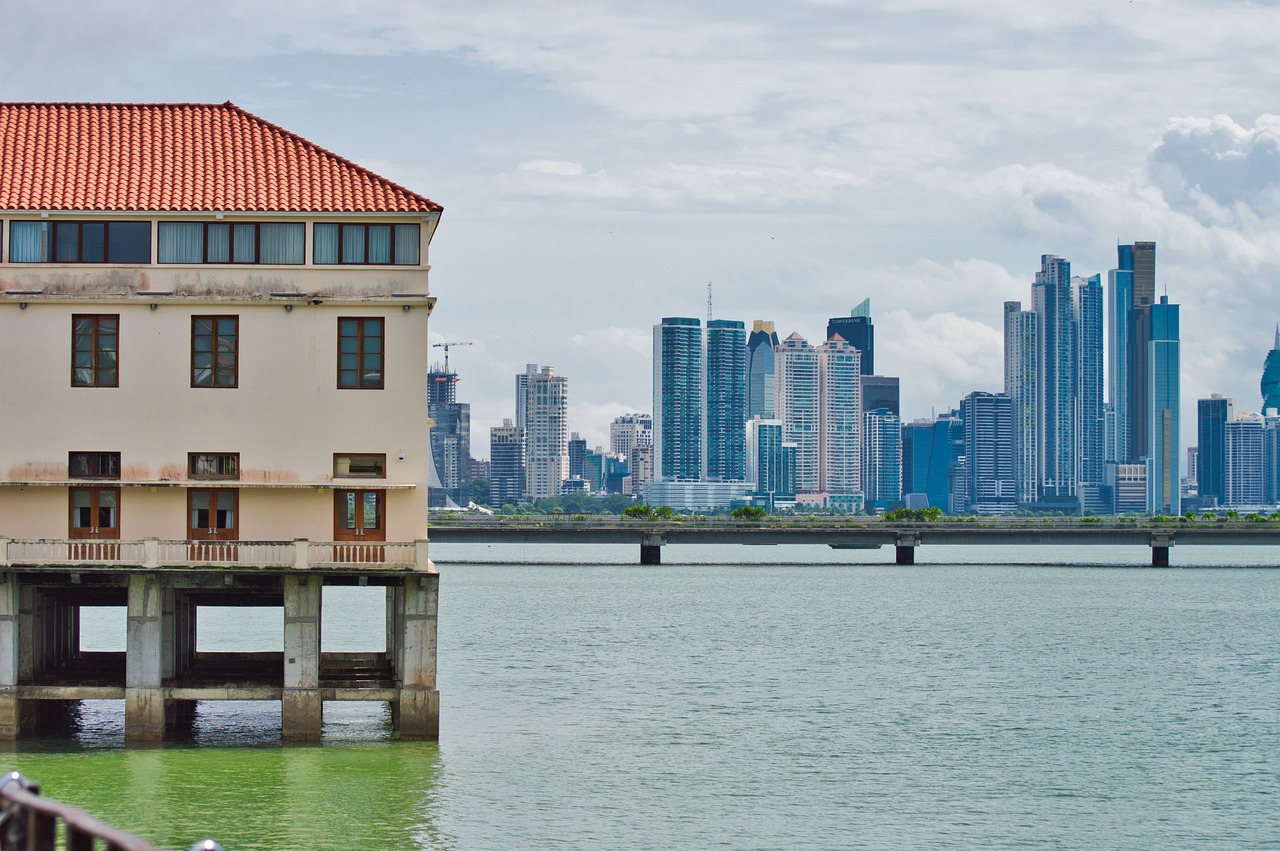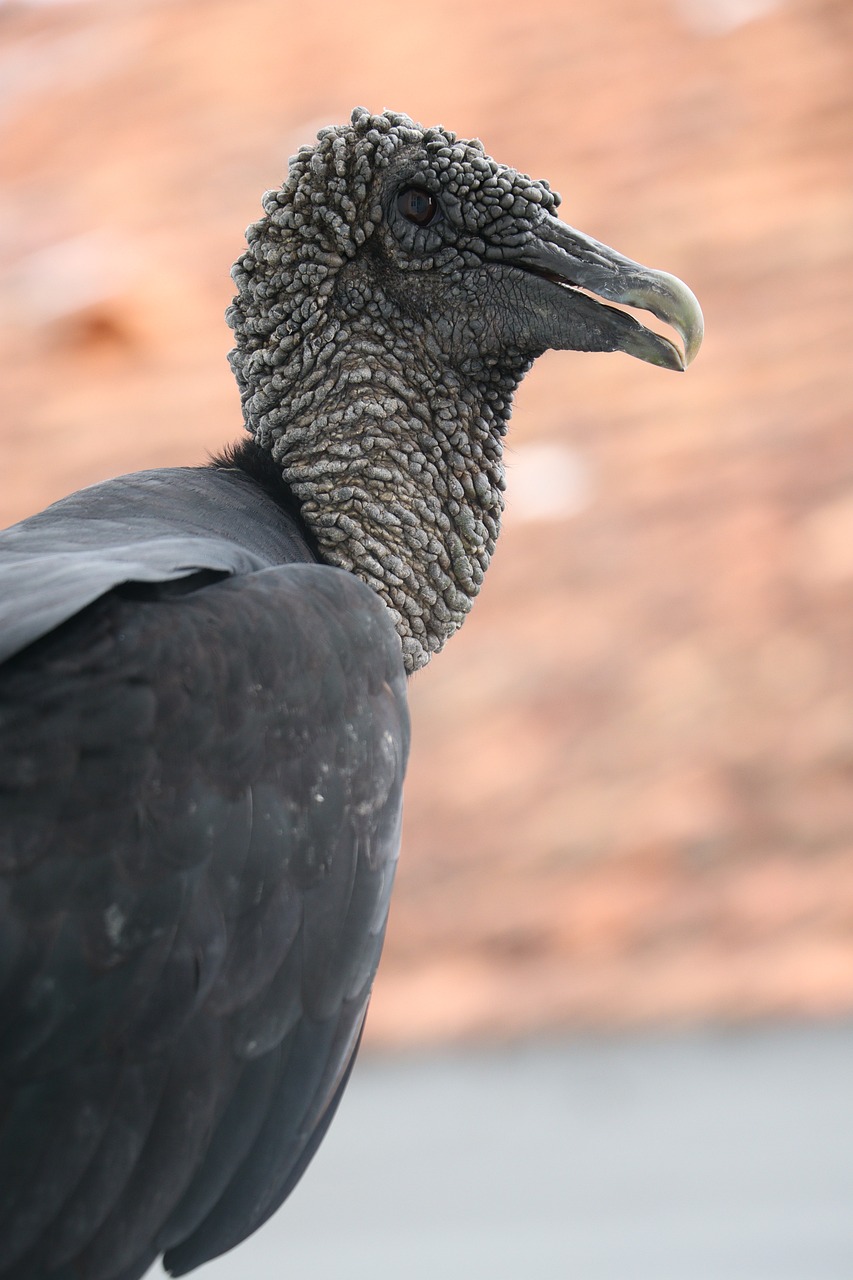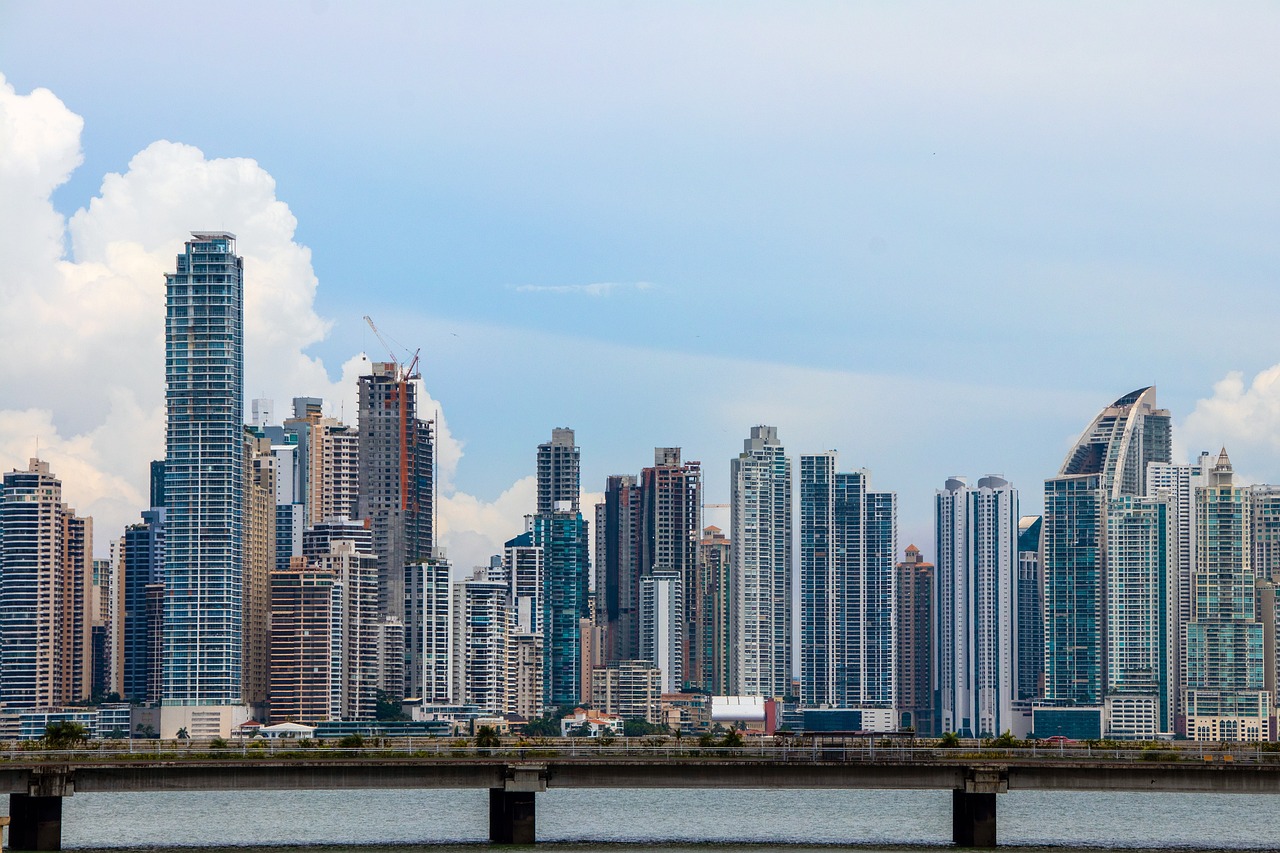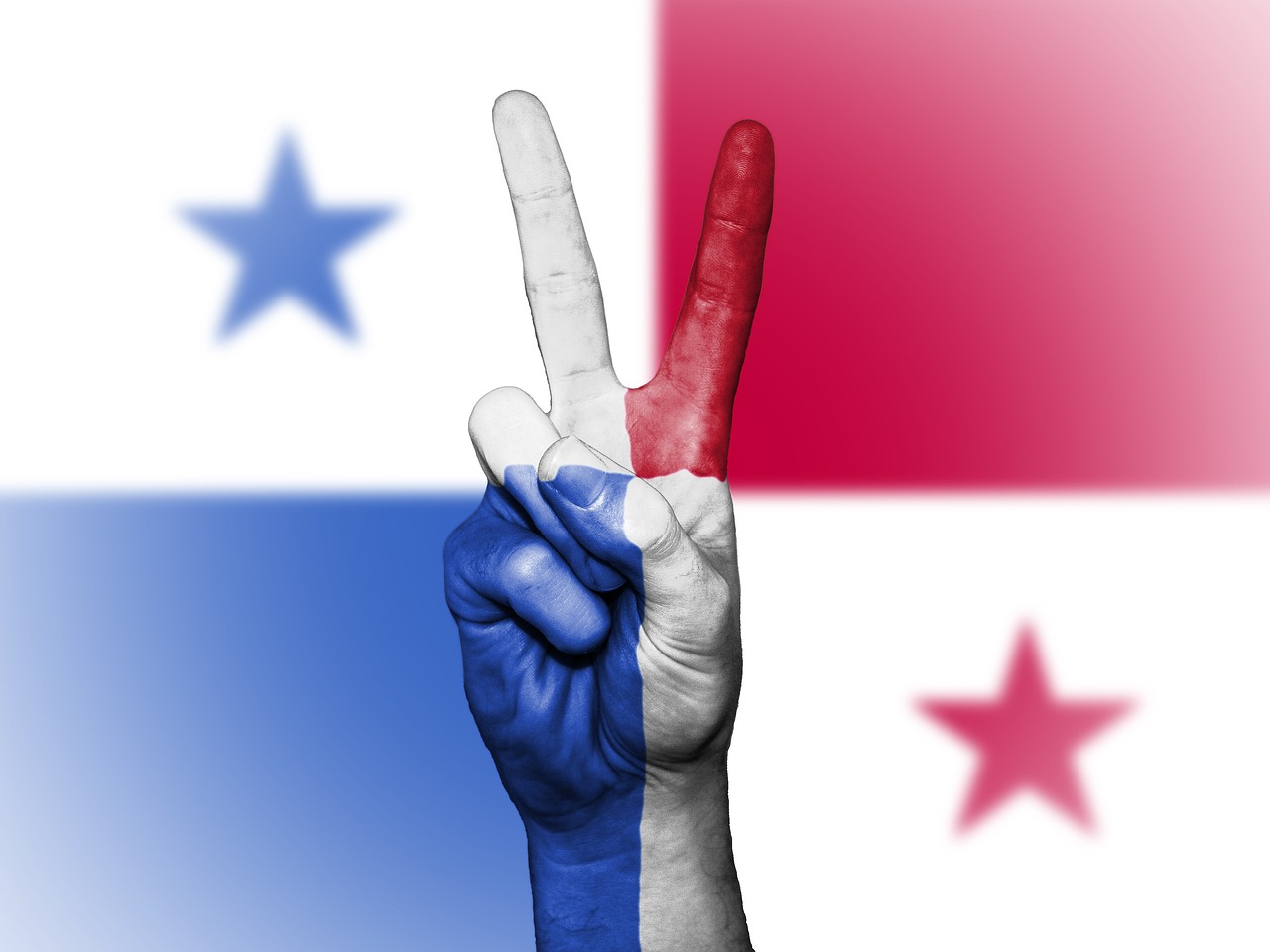Panama Video
Cultural Sensitivities: Understanding Local Norms in Panama
Panama, a country located in Central America, is known for its rich cultural heritage and diverse population. To ensure a smooth and respectful interaction with locals, it is important for visitors to familiarize themselves with the cultural sensitivities and local norms of Panama. This article aims to provide a comprehensive understanding of the cultural nuances that shape Panamanian society.
Section 1: Greetings and Etiquette
When greeting someone in Panama, it is customary to use a warm and friendly approach. Handshakes are the most common form of greeting, and it is important to maintain eye contact while shaking hands. Panamanians value personal space, so it is essential to maintain an appropriate distance during conversations.
- Formal Greetings: When addressing someone formally, it is customary to use their title (e.g., “Señor” for men and “Señora” for married women) followed by their last name.
- Informal Greetings: Among friends and family, a simple “Hola” (hello) or “Buenos días/tardes/noches” (good morning/afternoon/evening) is sufficient.
- Kissing on the Cheek: In social settings, it is common for women to greet each other with a kiss on the cheek. Men usually greet women with a handshake, unless they are close friends or family.
- Punctuality: Being punctual is highly valued in Panamanian culture. It is considered respectful to arrive on time for social gatherings or business meetings.
- Politeness: Politeness is an integral part of Panamanian culture. Using “por favor” (please) and “gracias” (thank you) is expected in daily interactions.
Section 2: Dress Code and Appearance
Panamanians generally dress conservatively and take pride in their appearance. When visiting religious sites, it is important to dress modestly and respectfully. In urban areas, casual attire is acceptable, but it is advisable to dress more formally in business or upscale establishments.
- Beach Attire: Panama is home to stunning beaches, but it is important to dress appropriately. Swimsuits are acceptable on the beach, but it is considered disrespectful to wear them in other public areas.
- Business Attire: In professional settings, business attire is expected. Men typically wear suits, while women opt for conservative dresses or suits.
- Cultural Celebrations: During traditional celebrations or festivals, it is common to see locals dressed in traditional clothing, such as the “pollera” (a traditional Panamanian dress) for women and the “montuno” (a traditional men’s outfit) for men.
- Religious Sites: When visiting churches or religious sites, it is important to dress modestly, covering shoulders and knees.
- Tattoos and Piercings: While tattoos and piercings are becoming more accepted, it is advisable to cover them in formal or conservative settings.
Panama Image 1:

Section 3: Dining Etiquette
Panamanians take pride in their cuisine and dining traditions. Understanding the local dining etiquette will enhance your experience when enjoying the delicious Panamanian food.
- Table Manners: It is customary to keep your hands visible on the table while dining. Avoid resting your elbows on the table.
- Tipping: Tipping is not mandatory in Panama, but it is appreciated. A service charge of 10% may be added to the bill in some restaurants.
- Sharing Food: Panamanians often share dishes family-style. It is polite to wait for the host to initiate the meal and to try a little of everything offered.
- Drinking Etiquette: When dining with Panamanians, it is common to toast before drinking. It is polite to wait for the host to initiate the toast.
- Respecting Local Cuisine: Panamanian cuisine is diverse and delicious. It is important to be open to trying local dishes and to show appreciation for the food prepared.
Section 4: Religious Customs
Panama is predominantly a Roman Catholic country, and religion plays a significant role in the lives of many Panamanians. Respecting religious customs is essential when visiting religious sites or participating in religious ceremonies.
- Attending Mass: If you visit a church during a Mass or religious service, it is important to dress modestly and observe the customs of the congregation.
- Religious Festivals: Panama is known for its vibrant religious festivals. It is respectful to participate and observe these events without causing disruption or disrespect.
- Photography: When visiting religious sites, always ask for permission before taking photographs. Some areas may be considered sacred and photography may be prohibited.
- Respecting Traditions: Familiarize yourself with the customs and traditions associated with religious events to ensure you act respectfully and appropriately.
Section 5: Social Etiquette
Understanding the social etiquette in Panama will help you navigate social interactions and build positive relationships with locals.
- Personal Space: Panamanians value personal space, so it is important to maintain a comfortable distance during conversations.
- Respecting Elders: Showing respect to elders is highly valued in Panamanian culture. Use appropriate titles and show deference when interacting with older individuals.
- Gift Giving: When invited to someone’s home, it is customary to bring a small gift, such as flowers or chocolates, for the host. Avoid giving overly expensive gifts.
- Punctuality: Being punctual is considered respectful in social settings as well. Arriving fashionably late is not common practice in Panama.
- Engaging in Small Talk: Panamanians appreciate engaging in friendly conversations. Topics such as family, hobbies, and sports are safe options for small talk.
Panama Image 2:

Section 6: Festivals and Celebrations
Panama is known for its vibrant festivals and celebrations that showcase the country’s diverse cultural heritage. Participating in these events is a fantastic way to immerse yourself in Panamanian culture.
- Carnival: Carnival is the most famous festival in Panama, celebrated in February or March. It involves colorful parades, music, dancing, and traditional costumes.
- Independence Day: Panama celebrates its independence on November 3rd. Festivities include parades, fireworks, and cultural performances.
- Diablos Rojos: Diablos Rojos, or “Red Devils,” is a festival held in honor of Corpus Christi. Participants wear vibrant red costumes and masks, representing demons.
- Religious Processions: During Holy Week, various religious processions take place throughout the country. These processions are a mix of Catholic and indigenous traditions.
- Ngäbe-Buglé Comarca Celebrations: The Ngäbe-Buglé indigenous people celebrate their traditions and cultural heritage with colorful festivals, showcasing their music, dance, and traditional attire.
Section 7: Gender Roles and Cultural Norms
Panamanian society has traditional gender roles that influence social interactions and expectations. Understanding these cultural norms will help you navigate social situations in Panama.
- Machismo: Traditional gender roles in Panama are influenced by machismo culture, where men are expected to be strong and assertive, while women are expected to be nurturing and caring.
- Respecting Boundaries: It is important to respect personal boundaries and avoid making assumptions based on gender roles or stereotypes.
- Equal Treatment: Panama is progressing towards gender equality, and it is important to treat everyone with respect and fairness, regardless of gender.
- Business Environment: In the workplace, women are increasingly taking on leadership roles. However, it is essential to be mindful of potential gender biases and treat colleagues equally.
- LGBTQ+ Community: Panama is becoming more accepting of the LGBTQ+ community, but it is essential to be respectful and considerate of individual preferences and identities.
Section 8: Language and Communication
The official language of Panama is Spanish. While many Panamanians speak English, especially in urban areas and tourist destinations, it is beneficial to learn a few basic Spanish phrases to facilitate communication.
- Greetings: Learning basic greetings like “Hola” (hello) and “Buenos días/tardes/noches” (good morning/afternoon/evening) shows respect and friendliness.
- Common Phrases: Familiarize yourself with common phrases such as “Por favor” (please), “Gracias” (thank you), and “Disculpe” (excuse me) to enhance communication.
- Non-Verbal Communication: Pay attention to non-verbal cues, such as body language and facial expressions, as they play an important role in communication.
- Patience and Respect: If there are language barriers, be patient and respectful. Attempting to communicate in the local language shows goodwill and effort.
- Interpreters: In situations where language barriers are significant, consider hiring a professional interpreter to ensure effective communication.
Panama Image 3:

Section 9: Transportation and Public Etiquette
Navigating transportation in Panama requires an understanding of local norms and etiquette to ensure a smooth and respectful experience.
- Taxis and Rideshares: When taking a taxi or rideshare service, it is customary to greet the driver and engage in polite conversation throughout the journey.
- Public Transportation: When using public transportation, it is important to give up your seat to elderly or pregnant passengers. Avoid eating or drinking on buses or trains.
- Respecting Queues: Panamanians value orderly queues. It is important to wait your turn and not try to cut in line.
- Transportation Safety: Ensure your personal belongings are secure while using public transportation and be cautious of pickpockets in crowded areas.
- Respecting Drivers: When driving in Panama, it is important to follow traffic rules, use appropriate signals, and drive defensively.
Section 10: Environmental Awareness
Panama is blessed with abundant natural beauty, including rainforests, beaches, and coral reefs. It is essential to be environmentally conscious and respectful of these natural treasures.
- Littering: Always dispose of trash in designated bins and avoid littering in public spaces, beaches, or natural areas.
- Protected Areas: Respect the rules and regulations when visiting national parks or protected areas. Follow designated trails and avoid damaging the environment.
- Marine Conservation: When snorkeling or diving, avoid touching or damaging coral reefs. Use reef-safe sunscreen to protect the marine ecosystem.
- Wildlife Observation: Observe wildlife from a distance and avoid feeding or touching animals. Respect their natural habitat and behavior.
- Sustainable Tourism: Support eco-friendly accommodations, tour operators, and initiatives that promote sustainable practices in the tourism industry.
Section 11: Cultural Sensitivities in Indigenous Communities
Panama is home to various indigenous communities, each with its distinct traditions and customs. When visiting these communities, it is crucial to be respectful and sensitive to their cultural heritage.
- Permission and Respect: Always seek permission before entering indigenous territories or participating in cultural activities. Respect their customs, beliefs, and sacred sites.
- Photography: Ask for permission before taking photographs of indigenous people or their belongings. Some communities may have specific guidelines regarding photography.
- Cultural Artifacts: Avoid purchasing or collecting cultural artifacts without proper authorization. Respect the intellectual property and cultural significance of indigenous crafts.
- Language and Communication: Learn a few words or phrases in the local indigenous language to show respect and foster better communication.
- Cultural Immersion: Participate in cultural activities and experiences offered by indigenous communities with an open mind and willingness to learn.
Section 12: Conclusion
Understanding and respecting cultural sensitivities and local norms in Panama is essential for a meaningful and enjoyable experience. By familiarizing yourself with the customs, traditions, and etiquette outlined in this article, you will be able to connect with locals, build positive relationships, and create lasting memories in this beautiful country.
References:
– visitpanama.com
– panama.com
– panamainfo.com
– panamatours.com


